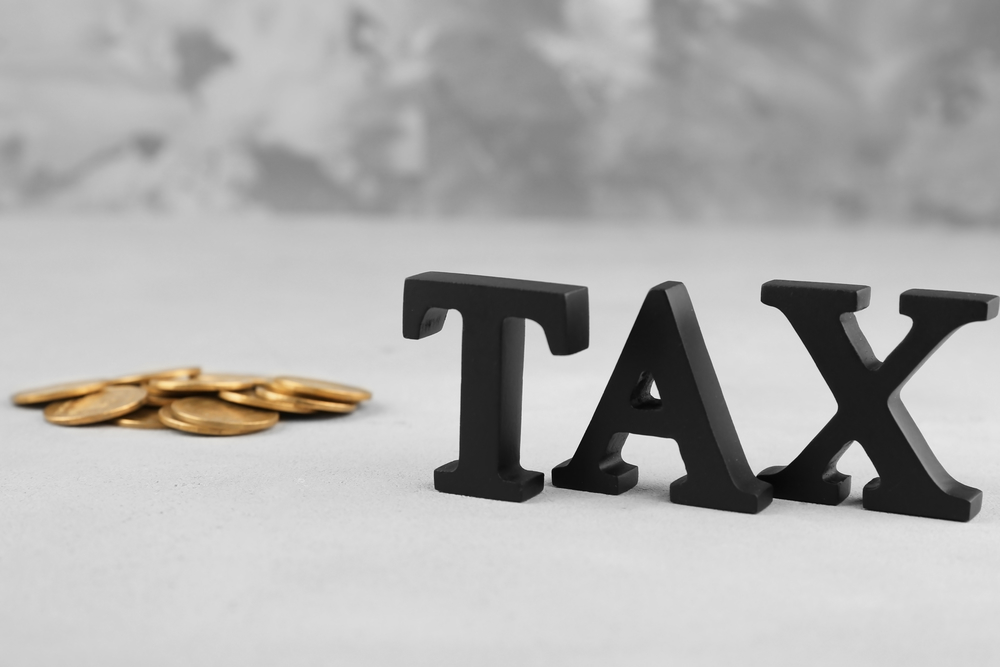Sometimes a tax debt can come as a surprise – possibly you overlooked your tax payments, or perhaps you may even be struggling with other financial burdens and could not provision for taxation. However, if you do not currently have enough cash in your bank account to cut the check, do not worry. We have some tips for you to handle this situation of yours with relative ease.
The first thing you should do is to file your tax return. This is extremely urgent and should be your first priority. This way, you avoid incurring a penalty for failing to file. Next, decide how much you can afford to pay at this moment. The more you can pay now, the less interest you will incur, as well as the monthly late payment penalty. Depending on your circumstances, you can request an extra 120 days to pay, either by an online application or by phone. Here are some tips for you depending on the different amounts you may owe.
Less than $300: Charge It To Your Card
A small amount of tax that is easily covered by your next paycheck should not pose a serious problem to you. However, you would want to get it paid off as quickly as possible and not incur any late payment fees. In this case, charging it to your credit card is the smartest, quickest option available to you. Even if you have to pay some interest on it, it will be paid off by your next paycheck. Of course, you must also consider other monthly or one-off payments that you happen to have also charged to your card for the month, and ensure that you do have the financial capacity to include this tax debt as part of your card payment.
Between $300 and $1,000: Apply For A Loan
If you need a little more assistance in paying off your taxes promptly, you might consider taking out a personal loan. A good creditor such as a credit union would give you a loan at about 11 per cent interest. This would allow you to pay back your debt of less than $1,000 within a year, at the rate of $88 a month, adding up to $56 in interest.
More Than $1,000: Set Up an Installment Plan
For those more seriously in debt, you have the option of setting up an installment plan with the IRS. There is a small fee involved, so this would only be worth it if you owe a larger sum of money compared to the previous two options listed. A direct debit agreement would incur a fee of $52, whereas a standard agreement or payroll deduction would incur a fee of $105. However, if your income is below a certain poverty threshold, it will cost $43, but you must apply to qualify for this reduced fee.
What If I Can’t Pay At All?
Sometimes, the tax debt is so massive that it would be impossible for you to pay it off. In this case, you may wish to apply for an Offer of Compromise, or request a temporary delay in the collections process. These options are only available if there is doubt over the owed amount, if the amount owed is larger than your assets and future income together, or you are experiencing financial struggles.
For serious, professional help, it is wise to approach tax professionals such as Tax Defense Partners who are experts in the field and can provide you solid advice as to your next steps. We have helped many others with tax debt and significantly reduce their tax payments and greatly improve their lives. Taking this step could offer you greater peace of mind than possible deal with tax debt on your own.

